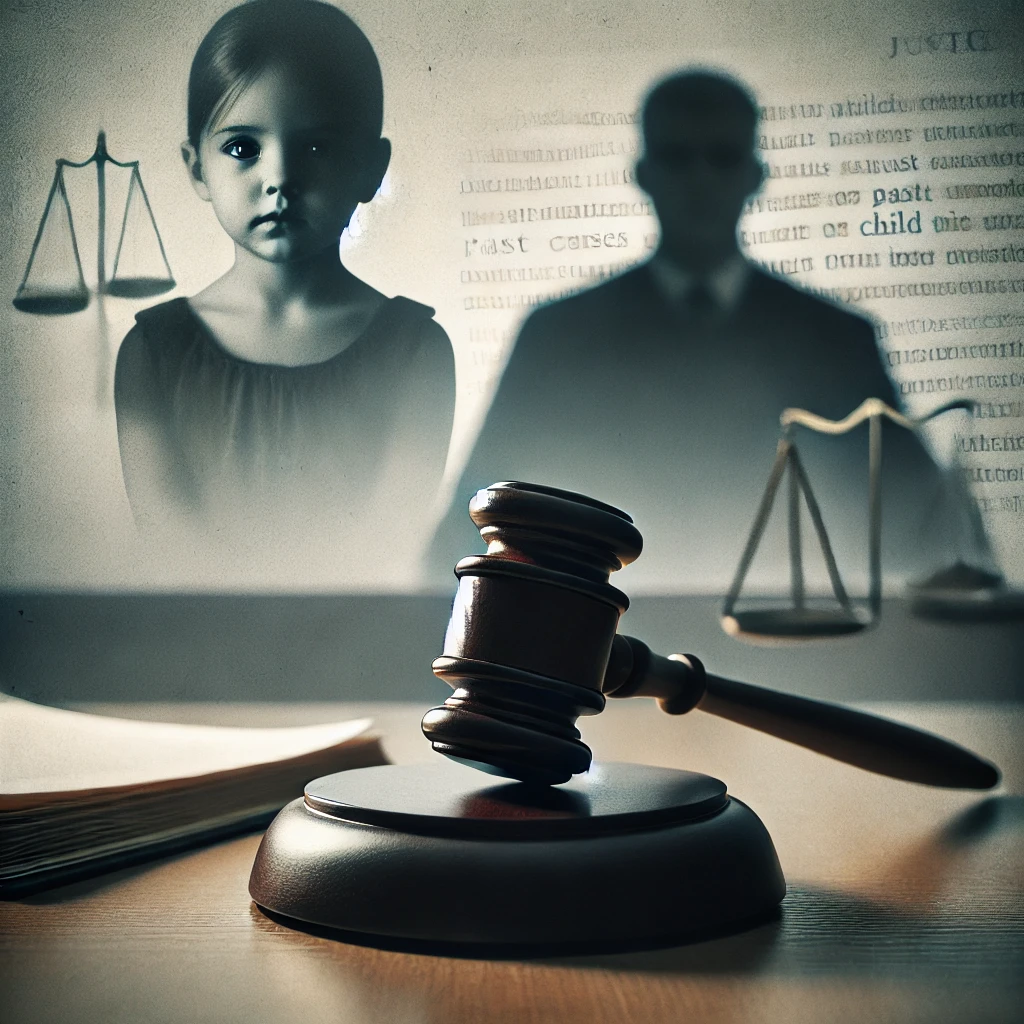Maryland’s Child Sex Abuse Statute of Limitations Overturned
Maryland’s highest court recently upheld a law eliminating the statute of limitations for child sex abuse lawsuits, allowing victims to file claims regardless of when the abuse occurred. The decision has sparked debate among legal experts, survivors, and institutions potentially facing litigation.
Previously, Maryland law imposed strict time limits on when survivors could seek justice, often preventing claims from moving forward if too much time had passed since the alleged abuse. The recent ruling changes this, enabling victims to bring civil lawsuits against alleged abusers and institutions, even if the abuse happened decades ago. Survivors and advocacy groups argue that the ruling is a victory for justice, as it recognizes the long-term trauma experienced by victims and the difficulty in coming forward immediately.
On the other side, institutions such as the Catholic Church and other organizations that could face liability argue that eliminating the statute of limitations undermines their ability to defend against claims involving incidents that occurred long ago. They contend that evidence may be lost, witnesses may no longer be available, and defendants may face unfair disadvantages.
Is the Case Strong? The ruling is based on legal and moral arguments. Courts have increasingly recognized that survivors of childhood abuse often require significant time before they are emotionally ready to pursue legal action. Many victims struggle with trauma, repression, and fear of retaliation, preventing them from speaking out sooner.
Legal precedent from other states supports the decision, as similar laws have been enacted across the country to address historical cases of child abuse. Many of these cases have resulted in significant settlements and verdicts in favor of survivors. However, challenges remain. Opponents argue that retroactively changing the statute of limitations could violate due process rights by allowing claims that would have previously been dismissed.
Despite these challenges, the legal landscape is shifting in favor of survivors. The courts have signaled a growing recognition of the importance of accountability for institutions and individuals responsible for child abuse, regardless of how much time has passed.
Who Should Bear Responsibility? Responsibility falls on multiple parties. Institutions that harbored abusers or failed to take appropriate action must face accountability. Survivors have long argued that organizations knowingly protected perpetrators at the expense of victims, and this ruling opens the door for long-overdue legal action.
Legislators and policymakers also play a role in ensuring laws adequately protect victims while balancing the rights of defendants. Legal reforms that address historical abuse cases without creating loopholes that could be exploited in unrelated contexts are critical.
Ultimately, society as a whole bears responsibility for creating an environment where survivors feel safe to come forward. Cultural shifts, legal protections, and institutional accountability must work together to prevent future abuses and support those seeking justice.
Maryland’s decision to eliminate the statute of limitations for child sex abuse lawsuits represents a significant shift in legal policy, prioritizing survivors’ rights over procedural limitations. While opposition remains, the ruling reflects a broader national movement toward acknowledging and addressing institutional failures in handling abuse claims.
The implications of this decision will likely reverberate beyond Maryland, influencing similar cases nationwide. Institutions facing potential litigation must prepare for an influx of lawsuits, while survivors now have a renewed opportunity to seek justice. As the legal battle continues, this ruling serves as a powerful statement on the importance of survivor advocacy and institutional accountability.


